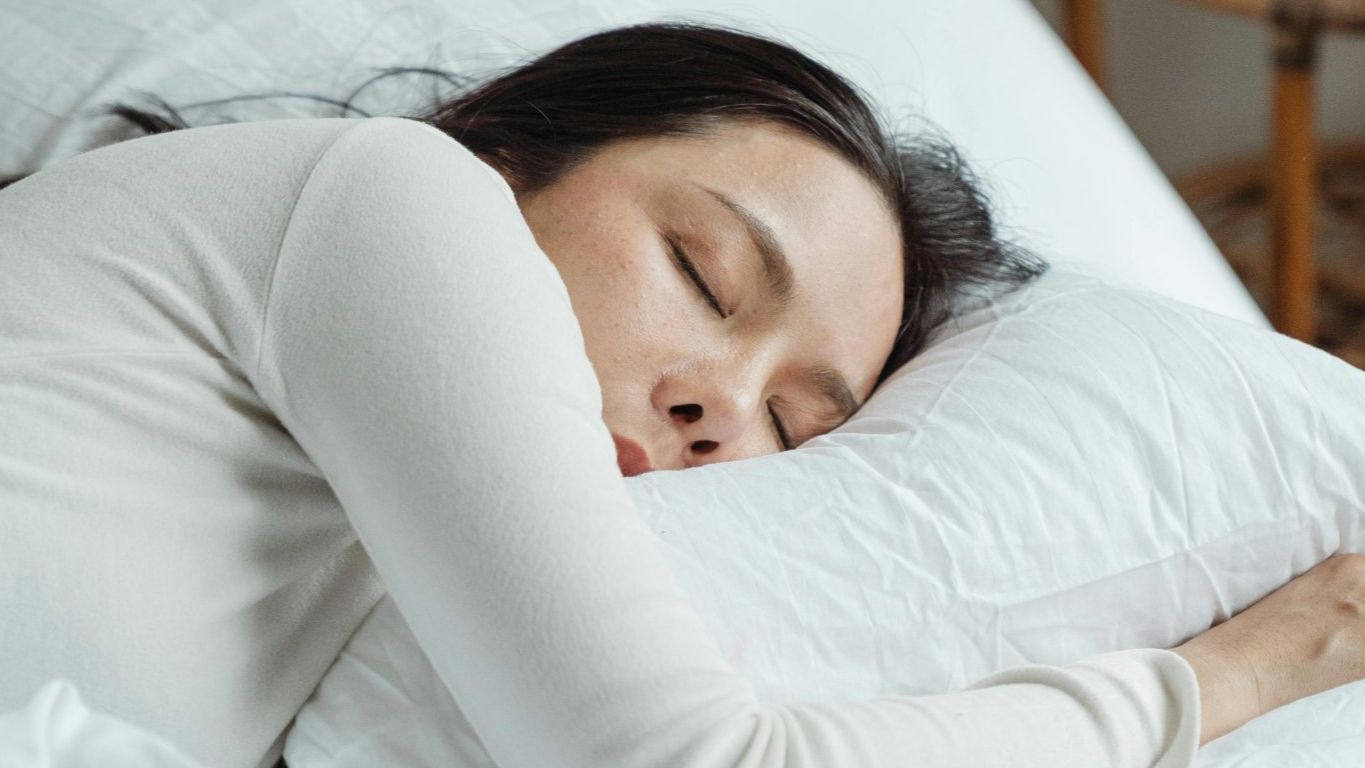Introduction to Better Sleep
Sleep is a crucial aspect of our daily lives, and getting a good night’s rest is essential for both physical and mental health. However, many of us struggle with sleep, which can lead to a range of problems, including fatigue, decreased concentration, and a weakened immune system. The good news is that small changes in your daily routine can lead to deeper, better rest.
Understanding Sleep Struggles
Sleep struggles are common, and they can be caused by a variety of factors, including stress, anxiety, and poor sleep habits. For teens, sleep is especially important, as it plays a critical role in physical and mental development. During sleep, the body repairs and regenerates tissues, builds bone and muscle, and strengthens the immune system. Additionally, sleep helps to improve concentration and memory, which is essential for academic success.
Creating a Sleep-Conducive Environment
One of the most effective ways to improve sleep is to create a sleep-conducive environment. This can be achieved by making a few simple changes to your bedroom. First, ensure that your bedroom is dark, quiet, and cool. Consider using blackout curtains, earplugs, or a white noise machine if necessary. Invest in a comfortable mattress and pillows, and keep your bedroom tidy and clutter-free.
Establishing a Bedtime Routine
Establishing a bedtime routine can also help to improve sleep. This can include activities such as reading a book, taking a warm bath, or practicing relaxation techniques, such as deep breathing or meditation. Avoid stimulating activities, such as playing video games or watching TV, before bedtime, as they can interfere with sleep. Instead, opt for relaxing activities that help to calm the mind and body.
Additional Tips for Better Sleep
Here are a few additional tips that can help to improve sleep:
- Avoid caffeine and nicotine before bedtime
- Limit screen time before bed
- Get regular exercise, but not before bedtime
- Try to go to bed and wake up at the same time every day
- Avoid heavy meals before bedtime
Making Small Changes
Making small changes to your daily routine can lead to significant improvements in sleep. Start by making one or two changes, such as establishing a bedtime routine or creating a sleep-conducive environment. Gradually add more changes as you become more comfortable with your new sleep habits. Remember, it may take some time to notice improvements in sleep, so be patient and persistent.
Conclusion
Getting a good night’s sleep is essential for both physical and mental health. By making small changes to your daily routine, such as creating a sleep-conducive environment, establishing a bedtime routine, and avoiding stimulating activities before bedtime, you can improve the quality of your sleep. Remember to be patient and persistent, as it may take some time to notice improvements. With time and practice, you can develop healthy sleep habits that will last a lifetime.

